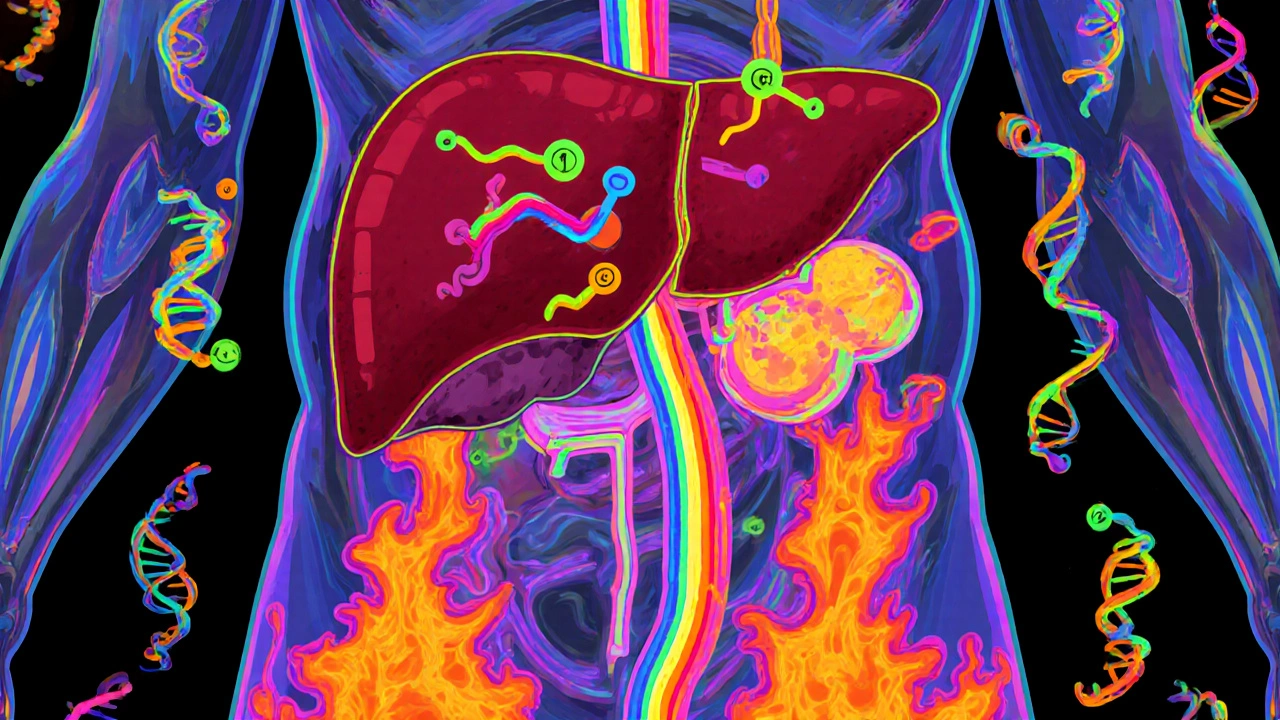Genetic Testing for Statins: What You Need to Know Before Taking Cholesterol Meds
When you take a statin to lower cholesterol, your body doesn’t respond the same way as your neighbor’s. That’s because genetic testing for statins, a way to check how your DNA affects drug processing. Also known as pharmacogenomics, it looks at genes like CYP2C9, a liver enzyme that breaks down many statins and SLCO1B1, a gene that controls how statins enter liver cells. If these genes have certain variants, you might get muscle pain even on low doses—or your statin might just not work.
Most people take statins without a second thought. But if you’ve had muscle cramps, fatigue, or elevated liver enzymes after starting a statin, your genes could be the real culprit. Studies show that people with a specific SLCO1B1 variant have up to a 4.5 times higher risk of severe muscle damage from simvastatin. That’s not rare—it affects about 1 in 6 people. Genetic testing doesn’t tell you if you need a statin. It tells you which one to pick, and at what dose, so you avoid side effects before they start. You don’t need to be a genetic expert. Doctors don’t test everyone, but if you’ve had bad reactions before, or if your family has a history of statin intolerance, it’s worth asking for.
Some labs offer direct-to-consumer tests that include statin-related genes, but results can be confusing without a doctor’s help. A good provider will look at your full health picture—your age, kidney function, other meds, and lifestyle—not just a DNA report. Statins aren’t one-size-fits-all. Rosuvastatin might work fine for you, while atorvastatin causes pain. Genetic testing helps cut the trial-and-error. It’s not magic, but it’s science that actually changes outcomes.
Below, you’ll find real-world guides on statin side effects, how exercise affects muscle recovery, and what to do when your meds don’t sit right. These aren’t theory pieces—they’re from people who’ve been there, and the experts who help them get back on track.
Genetic Factors in Statin Tolerance: How Pharmacogenomics Testing Can Help
Genetic testing for SLCO1B1 variants can identify people at high risk of statin-induced muscle pain, helping doctors choose safer alternatives like pravastatin instead of simvastatin. This precision approach improves adherence and heart health.






